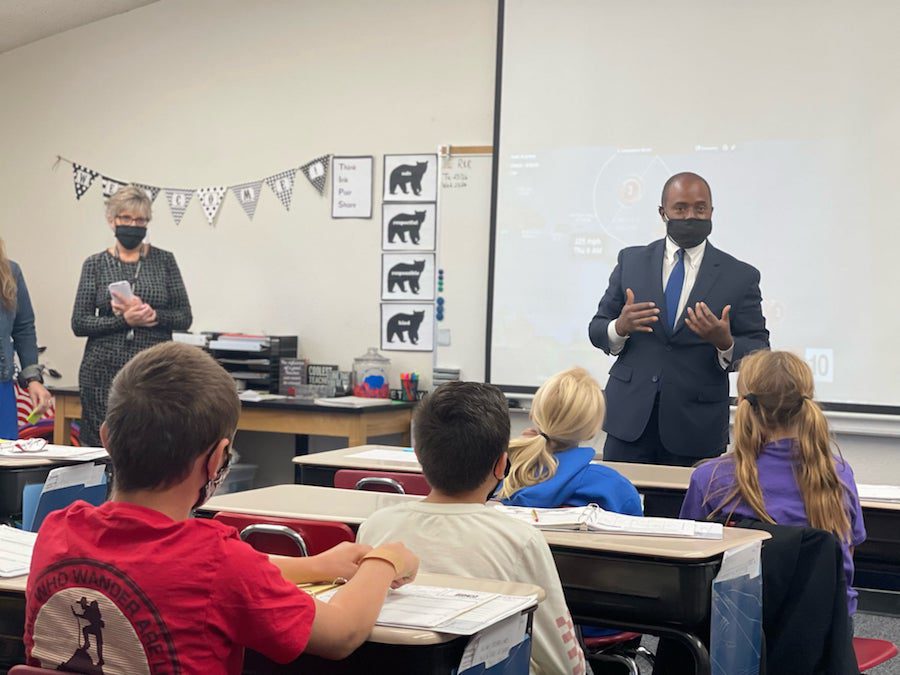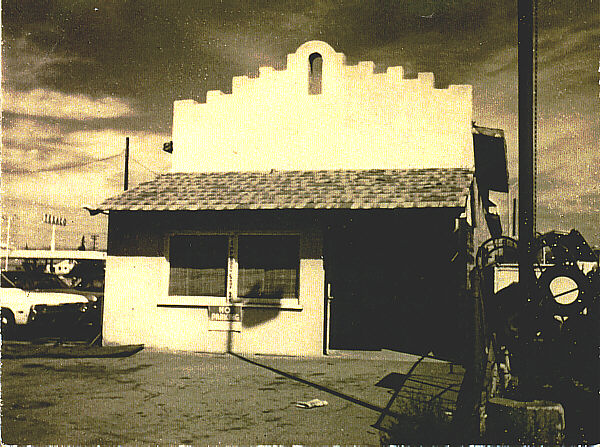State Superintendent of Public Instruction Tony Thurmond hosted the first in what will be a series of virtual webinars on Oct. 11 to update local educational agencies, including district and charter school administrators and classroom educators, on learning acceleration and ways schools are using billions of dollars in state funding to successfully address the learning loss from the pandemic.
He was joined by experts Dr. Linda Darling-Hammond, President of the California State Board of Education; Cheryl Cotton, Deputy Superintendent of the California Department of Education’s Instruction, Measurement, and Instruction Branch; Dr. Michelle Magyar, Executive Advisor of the California Collaborative for Educational Excellence; and Dr. Ingrid Roberson, Assistant Director of Research and Learning at CCEE.
“The entire nation has been through a very difficult time, and our students have experienced many challenges. We want to make sure we are caring for their well-being, and our state has provided incredible resources to provide mental health support to our students,” said Superintendent Thurmond. “While our young people have experienced many challenges, we start where our students are and also look forward in ways we want to help our students heal, recover, and thrive. This is intended to be one of many conversations will we have, while keeping in mind: we are all in this together.”
The webinar was an opportunity to hear about proven strategies to promote learning recovery, including high-dose tutoring, expanding the school year, mental health and counseling services, and using new data to guide instruction to students. The start of a new school year marks a time of opportunity for California schools. The new state budget includes $7.9 billion for learning recovery; specifically, one-time funds to be used through 2027–28 on strategies to support academic learning recovery as well as staff and student social and emotional well-being following two-and-a-half challenging years of the COVID-19 pandemic.
Additional resources for districts to support these efforts include $3 billion for Expanded Learning to increase the time during the school year, summer school, intersessional programs, decreasing staff-to-pupil ratios, and $250 million to develop literacy programs and hire and train reading and literacy coaches and specialists.
“Part of the key to effective expanded learning is that we have to take both the socio-emotional and the academic into account together,” said Dr. Darling-Hammond. “We also have to break up traditional factory-model structure schools to find the ways in which we can make the time for the work that needs to go on for kids to both get motivated and get the opportunity to build on their skills.”
Berkeley Unified School District Superintendent Dr. Enikia Ford Morthel joined the panel to share how her district provided academic support through the Expanded Learning Opportunities Grant, while adding additional support to summer school, increasing the number of books in the classroom, and targeting professional development for teachers.
Dr. Cathy Nichols-Washer, Superintendent of the Lodi Unified School District, addressed how her district used funding to address learning loss in many ways, including to increase tutoring supports, elementary trade books for students, and more science manipulatives to emphasize key concepts. Lodi Unified School District also hired 20 intervention teachers to address learning needs as a multi-tiered response to learning loss with supplemental counseling services being provided and enrichment activities funded for afterschool, intercession, and over the summer.
The CDE has created an online resource for LEAs to support their efforts to promote learning recovery and acceleration. This Learning Acceleration and Recovery Resources web page centralizes information for several programs that can be used to support learning recovery efforts. This includes programs and also several highlights of what LEAs have done with these and other funding sources to promote learning recovery. These LEA success stories can be used to inform other LEAs as they create their own learning recovery programs.
Stay tuned as CDE will host future webinars on this topic. A full recording of this webinar is available on the CDE Facebook page.
Like this:
Like Loading...
Related





 Tweet This
Tweet This Facebook
Facebook Digg This
Digg This Bookmark
Bookmark Stumble
Stumble RSS
RSS


























REAL NAMES ONLY: All posters must use their real individual or business name. This applies equally to Twitter account holders who use a nickname.
0 Comments
You can be the first one to leave a comment.